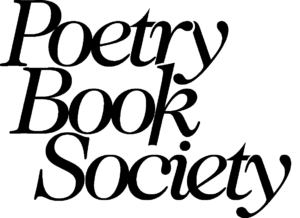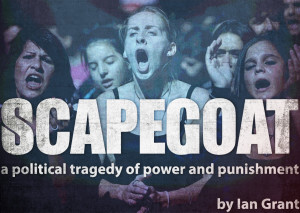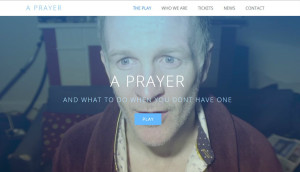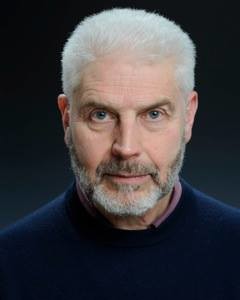
Beware of Pity, Barbican Feb 10 2017. Photo (c) Guardian
Beware of pity, beware of the danger of pity without empathy, be aware of the inner warmth of he who pities set against the chill of the pitied. The warning was strongly expressed in Beware of Pity in London tonight. The show, by the actors of Schaubühne Berlin directed by Simon McBurney of Complicité, is a deeply telling, graceful, fluid production based on Stefan Zweig‘s novel, published in 1939.
The Schaubühne ensemble was a supreme example of ‘match-fit actors’, as Simon McBurney described them in a post-show discussion, working selflessly and seamlessly with text, sound, light and projection, so that content and form were one. Lieutenant Hofmiller, an Austrian cavalry office, narrates the story of his younger self, falling prey to the self-satisfaction of his encouraging effect on Edith, a disabled, wealthy daughter of a self-made, soi-disant aristocrat. The ensemble creates a rich world of characters, as they double and treble roles. Voices and bodies flowed in and out of each other and of the chairs, tables and now microphones that are the staples of a Complicité staging. Hofmiller cannot face the responsibility of the love that Edith feels for him. Her personal catastrophe is overtaken by the colossal European catastrophe of the First World War. Hofmiller goes willingly to die to assuage his guilt, but he and his conscience survive to realise that there is no forgiveness.
Zweig wrote as one European catastrophe was about to engulf him, driving him to suicide. The story speaks of another that broke over Europe only 25 years earlier. Thomas Ostermeier, the director of Schaubühne Berlin, and Simon McBurney spoke passionately about the darkening of our present time and how resonant the literature of 100 years ago sounds today, as European politicians raise physical barriers and turn their backs on each other, draining the continent of the habit of irritating, tedious, exhausting negotiation thatfor 70 years has kept the nations of Europe talking as tetchy partners rather than fighting as mortal enemies .
See also Brexit, Trump, Le Pen

 Earlier this year,
Earlier this year, 


 exander Grant
exander Grant
Recent Comments